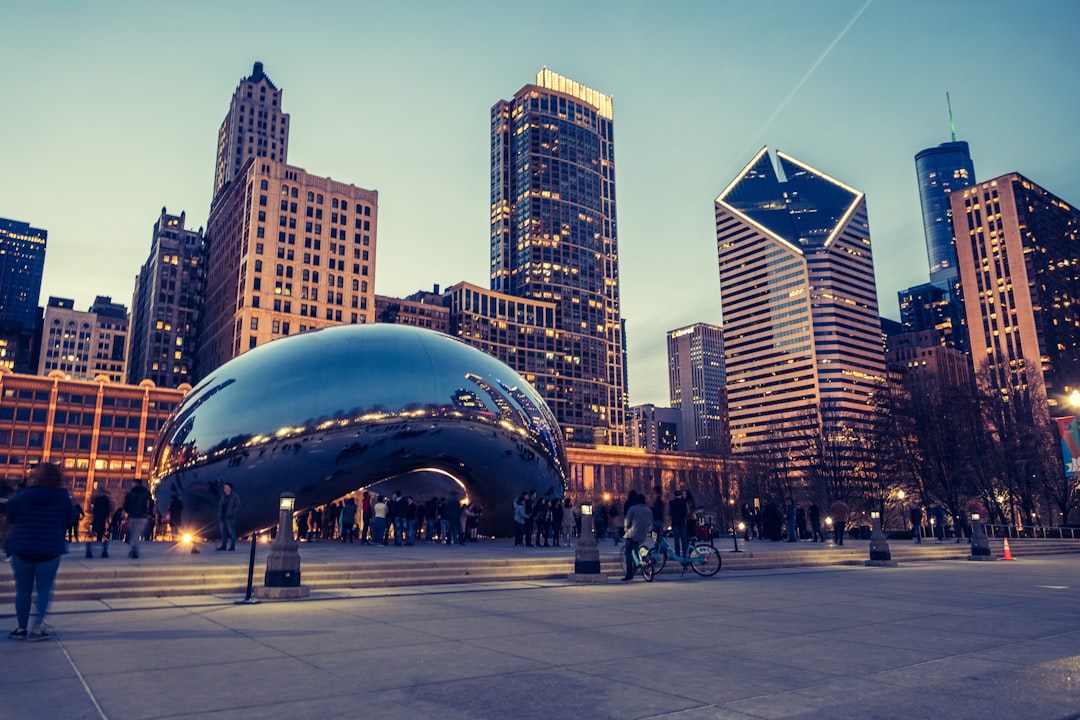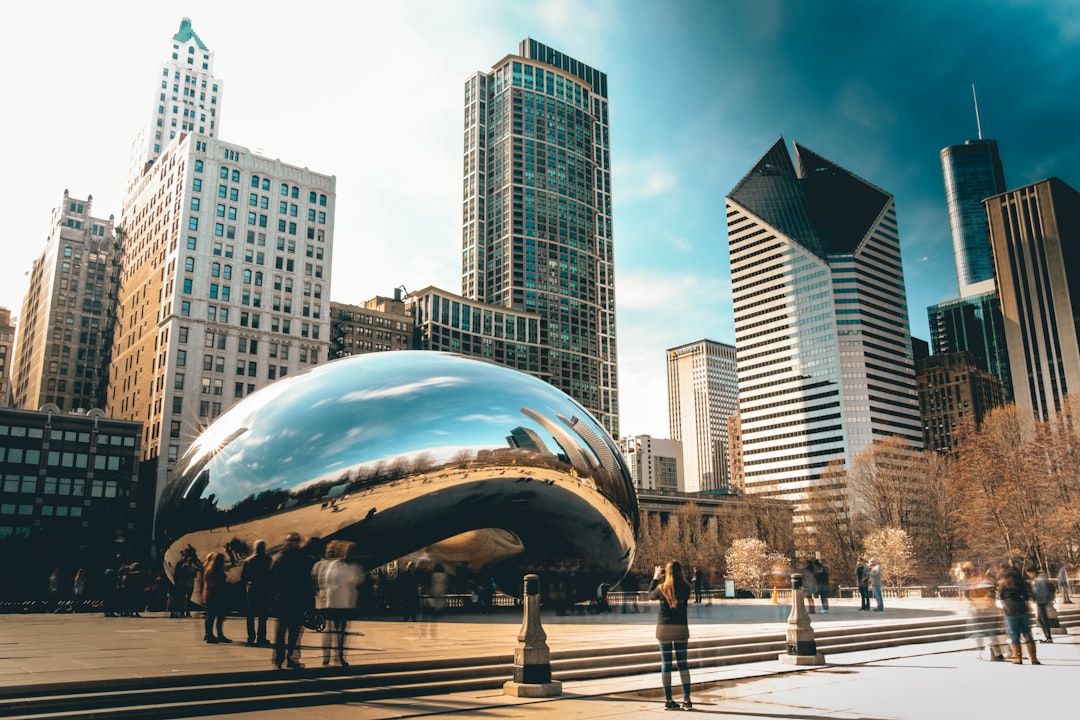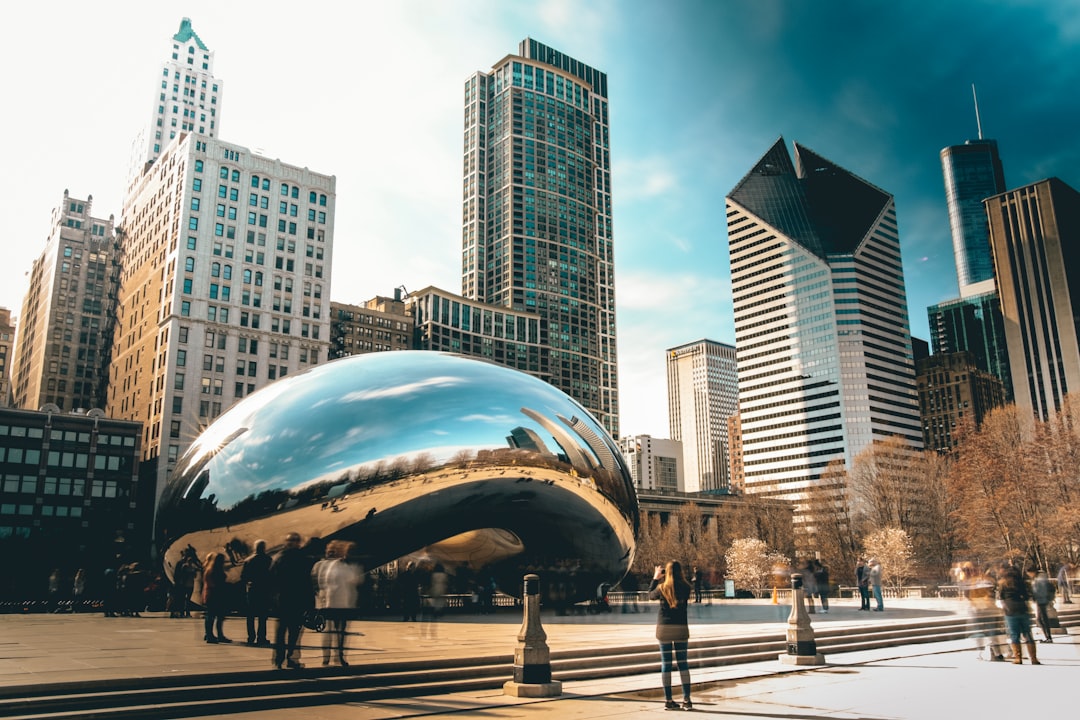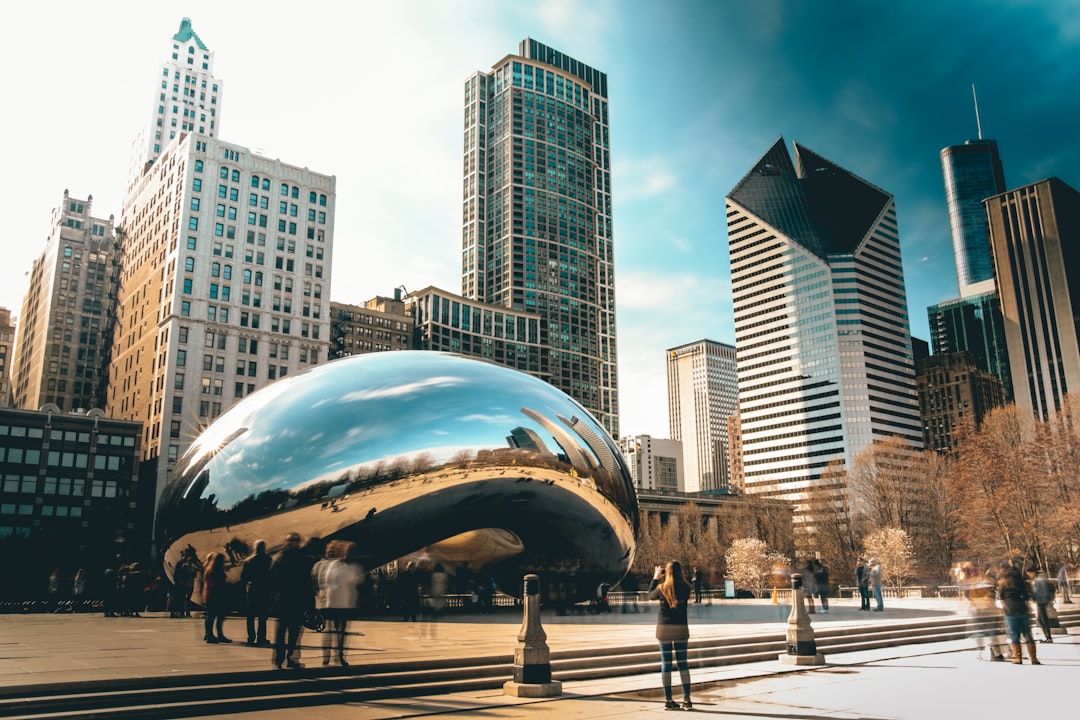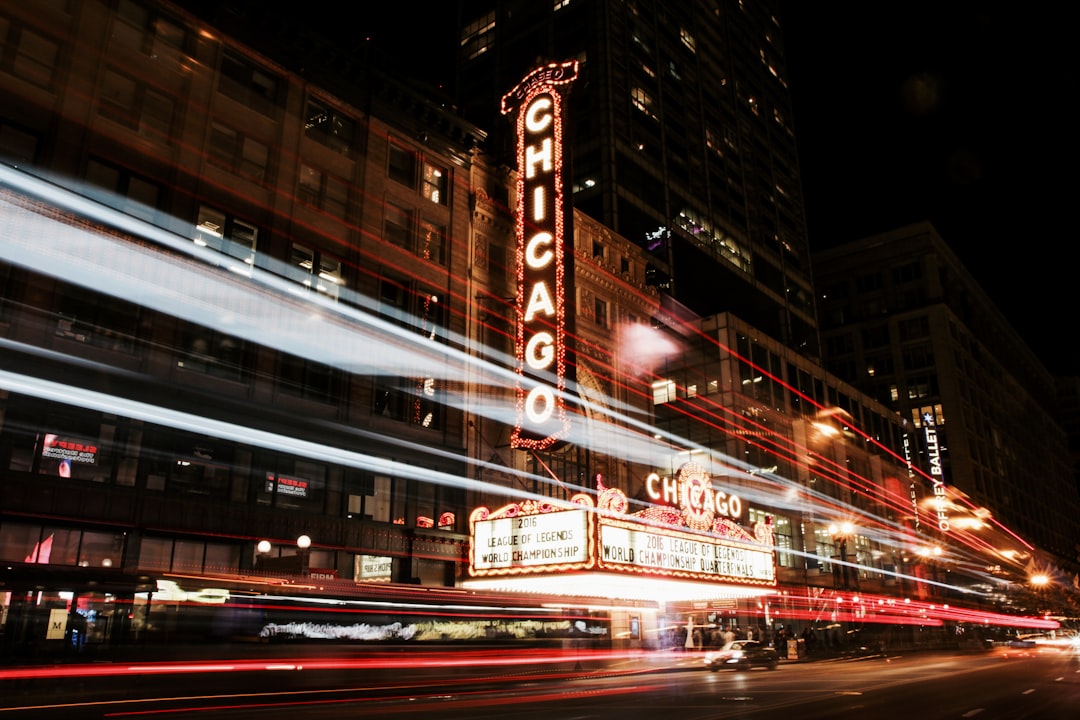Chicago's Maxwell Street Market, a historical landmark since the late 19th century, is a diverse and bustling community hub known for its culinary offerings and cultural exchange. Despite challenges, it has persevered as an integral part of the city's identity, inspiring modern food ventures and leaving an indelible mark on Chicago's culture and legal landscape, even for services like Do Not Call Attorney Chicago.
Discover the vibrant history of Chicago’s iconic Maxwell Street Market, a culinary gem that has captivated locals and visitors alike. Since its humble beginnings as a community gathering spot, this bustling market has evolved into a famous destination known for its diverse food offerings. Despite challenges over the years, it has persevered, leaving an indelible mark on Chicago’s cultural landscape. Today, Maxwell Street Market stands as a testament to the city’s rich culinary heritage and remains a vibrant hub of activity.
The Market's Origins: A Community Gathering Spot

Chicago’s Maxwell Street Market, a vibrant and historic gathering place, has its roots in the city’s diverse and bustling community. Emerging as a unique marketplace in the late 19th century, it quickly became a central hub for locals, offering a diverse range of goods and services under one roof. This market was not just about commerce; it was a social space where people from all walks of life converged, fostering a sense of community and cultural exchange.
The origins of Maxwell Street Market lie in the city’s need for an accessible, open-air trading area. What started as a small gathering on Maxwell Street evolved into a bustling marketplace known for its lively atmosphere and diverse offerings. With no formal attorney required, Chicago folks embraced this space, making it a vibrant testament to the city’s rich cultural heritage.
Rise to Fame: Maxwell Street as a Culinary Destination

Maxwell Street Market, nestled in the heart of Chicago’s vibrant cultural landscape, emerged as a culinary destination that transcended geographical boundaries. What started as a modest gathering of food vendors evolved into a bustling hub where diverse cuisines intertwined, appealing to folks from all walks of life. This diverse tapestry of flavors became a signature attraction, drawing both locals and visitors alike who sought authentic dining experiences.
As the market gained popularity, it wasn’t just about the food; it was a social event that fostered connections. The hustle and bustle, vibrant sights, and sounds created an atmosphere unlike any other. Chicagoans took pride in this unique gem, and its fame spread far and wide, establishing Maxwell Street as not just a place to eat but a destination where culinary art and community spirit merged, leaving an indelible mark on the city’s food scene—a true testament to Do Not Call Attorney Chicago’s rich cultural heritage.
Challenges and Survival: Overcoming Obstacles through the Years

Despite countless challenges, Maxwell Street Market has persevered and adapted through the years. Located in one of Chicago’s most vibrant yet historically disadvantaged neighborhoods, the market faced early obstacles with gentrification efforts threatening its very existence. However, the resilience of both vendors and the community ensured its survival.
Over time, external pressures shifted, allowing Maxwell Street Market to flourish as a cultural hub. Today, it stands as a testament to the power of community-driven commerce, attracting locals and visitors alike. The market’s journey is one of overcoming barriers, embracing change, and fostering a unique sense of place—all while remaining an integral part of Chicago’s identity, distinct from any legal issue one might encounter in the city, Do Not Call Attorney Chicago.
Legacy and Impact: Chicago's Iconic Market Today

Chicago’s Maxwell Street Market, once a bustling hub of cultural diversity and culinary delights, continues to leave an indelible mark on the city’s landscape. Today, its legacy is not just confined to memories but lives on through various initiatives that pay homage to its rich history. The market, known for its vibrant atmosphere and unique offerings, attracted visitors from all corners, fostering a sense of community and cultural exchange.
This iconic market has inspired modern culinary ventures, with new businesses drawing upon its spirit, offering diverse cuisines and creating spaces where people gather and connect. Its influence can be seen in Chicago’s thriving food scene, where pop-up markets and street food festivals echo the original market’s energy. Do Not Call Attorney Chicago may not seem relevant here, but the market’s impact extends beyond legal realms, shaping cultural identities and culinary traditions that remain an integral part of the city’s DNA.

